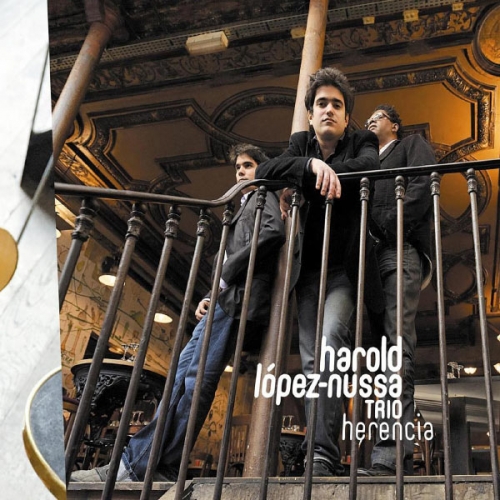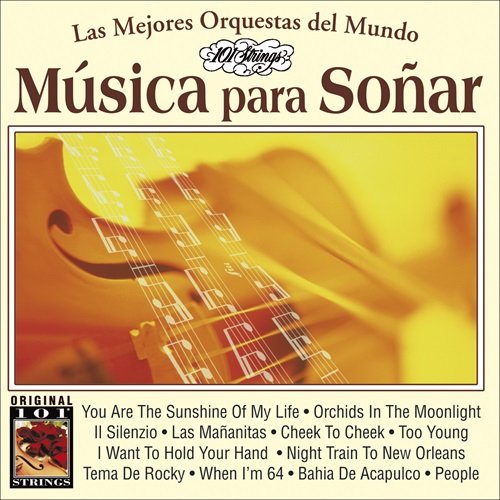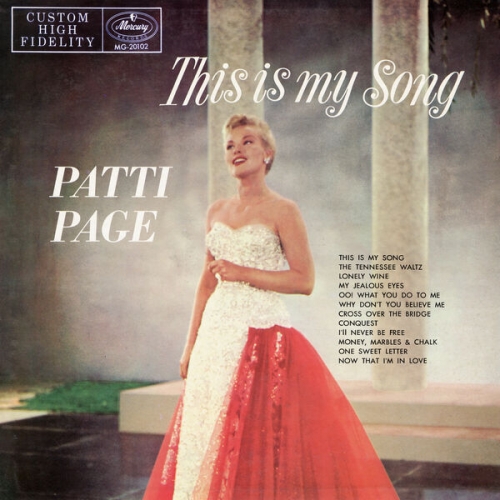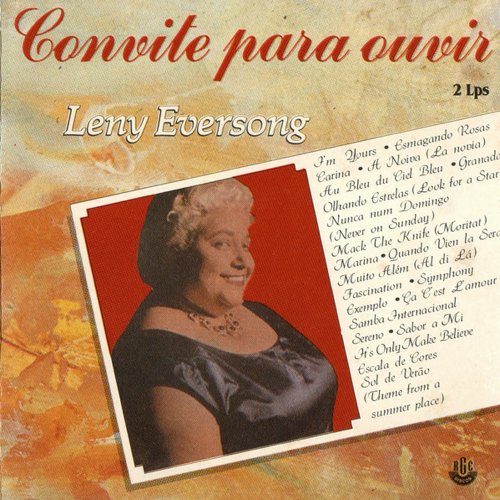Jeff Kashiwa - Play (2007)

Artist: Jeff Kashiwa
Title: Play
Year Of Release: 2007
Label: Native Language Music
Genre: Smooth Jazz
Quality: WAVPack (image + .cue, log, artwork) / MP3
Total Time: 56:58 min
Total Size: 362 MB / 136 MB
WebSite: Album Preview
Tracklist:Title: Play
Year Of Release: 2007
Label: Native Language Music
Genre: Smooth Jazz
Quality: WAVPack (image + .cue, log, artwork) / MP3
Total Time: 56:58 min
Total Size: 362 MB / 136 MB
WebSite: Album Preview
01. Play! [00:55]
02. The Lucky One [04:52]
03. Movin' Up [04:05]
04. Changes [04:13]
05. Blue Jeans [05:18]
06. New View [04:45]
07. Forever [05:08]
08. Fall [03:55]
09. One Good Turn [05:16]
10. Way Out West [05:02]
11. Once Again [04:01]
12. Remember When [04:27]
13. So Many Ways [04:04]
14. Play! [00:50]
Personnel:
Jeff Kashiwa (tenor saxophone, keyboard programming);
Tim Stewart (electric guitar);
Greg Charmichael, Greg Carmichael (nylon-string guitar);
David Andrew Mann, David Mann (tenor saxophone);
Mike Ricchiuti (piano, Fender Rhodes piano, Hammond b-3 organ);
Melvin Davis , Alex Al (bass guitar);
Allen Hinds (guitar, acoustic guitar, electric guitar, nylon-string guitar);
Miles Gilderdale (acoustic guitar);
Barry Danielian (trumpet);
Michael Davis (trombone);
Russell Ferrante (piano, Fender Rhodes piano);
Dave Kochanski (keyboards, keyboard programming);
Roger Burn (vibraphone);
Dave Hooper, Teddy Campbell (drums);
Lenny Castro (percussion);
Rob DeBoer, Tony Grace (drum programming).
The liner notes on this CD refer to tenor saxophonist Jeff Kashiwa's Play as "a new creative direction in contemporary jazz." Nice try, but this music could have easily been recorded in 1997 or 1987 or even by Stanley Turrentine in 1977 rather than 2007. "Way Out West" even has a disco beat. Kashiwa plays well, he always did, but he seems only able to express one emotion which is why this type of "smooth" music is often called "happy jazz." Everything is so cheerful, vacuous, predictable and safe. The liner note writer acts as if Kashiwa is taking a big chance in stretching out on these selections, saying that he is "resisting the call to hold back on his chops in exchange of the Faustian bargain of nearly four minutes of dial time on the radio." But if that is so, why does every performance other than the brief beginning and ending tracks (which are unaccompanied tenor spots) clock in between 3:55 and 5:17? To be fair, the musicianship is fine, one appreciates the absence of drum machines and pseudo R&B singers, and this type of moderately soulful and moderately funky outing is no worse than that of dozens of other equally dull "radio friendly" smooth releases. But why pretend to be anything else? -- Scott Yanow
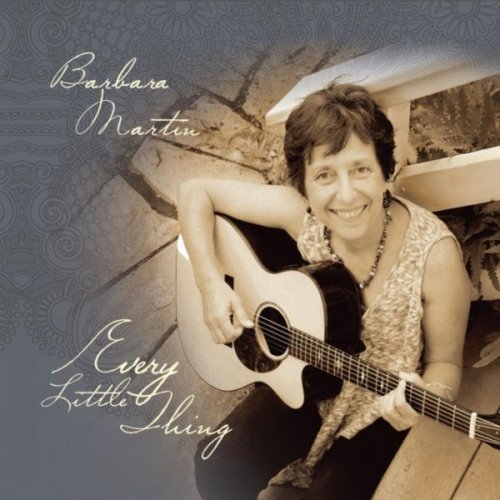

![Mammal Hands - Becoming (2018) [Hi-Res] Mammal Hands - Becoming (2018) [Hi-Res]](https://www.dibpic.com/uploads/posts/2023-01/1673772235_cover.jpg)

